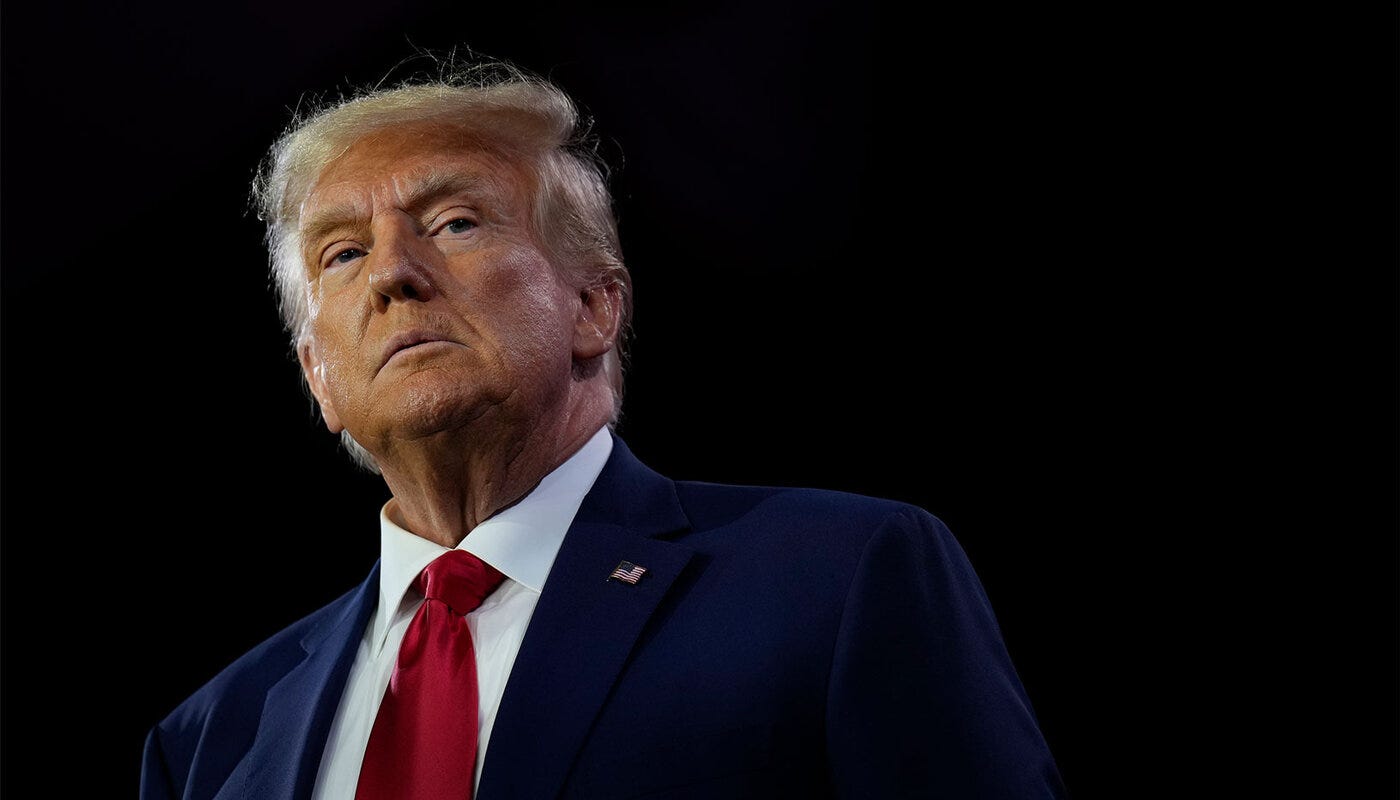“If the president does it, that means that it is not illegal.” So said Richard Nixon after his resignation.
In his last days in office, Nixon had argued to the Supreme Court that he could not be investigated by a special prosecutor. He said the Court lacked the power even to hear the case.
But the justices disagreed. By a unanimous vote in United States v. Nixon, they ordered him to obey a grand jury subpoena and turn over his secret Oval Office tapes. Nixon’s own choice as chief justice, Warren Burger, wrote the opinion. The president, the ruling said, is not above the law.
Nixon never faced criminal charges. President Gerald R. Ford issued a pardon one month after taking office, so the high court never got the opportunity to declare that a president who committed federal crimes while in office can, in fact, be held legally accountable.
All of which makes the rapidly developing legal showdown at the Supreme Court so vital for the health of our democracy. Donald Trump, as you’ve perhaps heard, has been charged in four separate criminal cases, two of them in federal court. His trial for trying to overthrow the peaceful transfer of power is due to start in federal court on March 4 in Washington, DC. Jury questionnaires already have been sent out to capital residents.
Trump’s lawyers argue that the former president cannot be prosecuted. Last week Judge Tanya Chutkan rejected that claim. “Defendant’s four-year service as Commander in Chief did not bestow on him the divine right of kings to evade the criminal accountability that governs his fellow citizens,” she wrote. Special Counsel Jack Smith does not want to wait for the wheels of justice to grind. Yesterday he asked the Supreme Court to weigh in on an emergency basis.
Although it is generally assumed that sitting presidents cannot be prosecuted, even that has never been formally decided: it comes from a footnote in a Justice Department Office of Legal Counsel memo from 1973. But every president understood that they could face charges when they return to private life. Nixon himself seemed to accept the idea when he received Ford’s pardon. Bill Clinton, my old boss, was investigated and cleared after he left office for controversies around his use of the pardon power. I don’t recall too many people saying he should have been immune.
Sen. Mitch McConnell (R-KY) explained his vote not to convict Trump during his second impeachment. “He didn’t get away with anything yet,” McConnell said. “We have a criminal justice system in this country.” Even Justice Brett Kavanaugh — who has expressed skepticism about whether presidents could be investigated — wrote as a private lawyer, “The Constitution itself seems to dictate, in addition, that congressional investigation must take place in lieu of criminal investigation when the President is the subject of investigation, and that criminal prosecution can occur only after the President has left office.”
If the Supreme Court were to rule that a president cannot be criminally tried for acts committed while in office, it would effectively immunize chief executives from any accountability, ever, and release them from the rule of law.
So the real issue here is not the ruling but the timing. Trump aims to push his trial into the months after the election. Perhaps by then he can order the Justice Department to drop the charges. Or he could even try to pardon himself. If justice is to be done, it should be done swiftly, giving voters a chance to process any possible verdict.
This will be one of the biggest cases in years. No doubt the Court will hear from a Greek chorus of friend-of-the-court briefs. Legal scholars will document the settled consensus against Trump. Former prosecutors will urge the Court not to immunize lawbreaking.
Trump himself has raised the stakes. He has made clear he wants to use the federal government for vengeance and that he hopes to wield the Justice Department for partisan and personal ends.
So far, even as it has lurched to the right, the Supreme Court has shown itself to be a hyper-conservative Court, not a MAGA Court. It pointedly declined to intervene in Trump’s election cases in 2020. It ruled, too, that he had to turn over his taxes to a grand jury.
The Supreme Court’s emphatic pronouncements helped force Nixon from office. Let’s hope that this time, the Court will make clear that presidents are not above the law. Otherwise, Richard Nixon’s claim would trump the logic of the Nixon case: if a president does it, that does mean it is not illegal.
IMAGE: Drew Angerer/Getty





The issue is moot. Trump did nothing wrong.